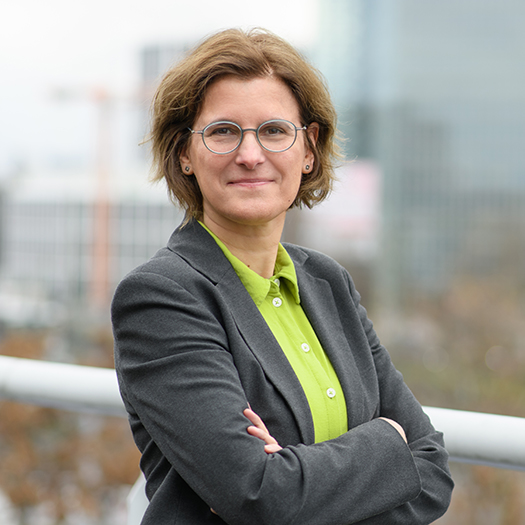Internet Usage Increases – Political Interest Declines
ResearchInternet users in Germany have become increasingly indifferent and ignorant about politics over a period of 15 years. In the beginning, the diffusion of the internet contributed to people being better informed politically, but this development has been reversed in later years. In the meantime, internet usage is on the rise – as is the users’ disinterest in politics. This is shown by a recent study by ZEW Mannheim.
As part of the analysis, Professor Irene Bertschek, head of the ZEW Research Department “Digital Economy” and her co-author David Müller, developed a new index. It is based on six data sets from the years 2001 to 2004, 2010 and 2014 by the “Forschungsgruppe Wahlen” which include more than 108,000 observations. The index thus maps both years in which the internet was not yet so widespread and years in which it was widely and frequently used. “In our analysis, we found that internet users were still more interested in politics in the years 2001 to 2004. This interest decreased until 2010, and in 2014, for the first time, internet users were largely indifferent to political debate,” Irene Bertschek comments on the study results.
The internet has indeed brought about new sources of information: traditional media such as daily newspapers or broadcasters now additionally disseminate news and information via online channels. Digital platforms like Google bundle news, and social media platforms like Facebook and Twitter make it possible to publish facts and opinions individually. Accordingly, citizens in Germany in fact have many more opportunities to inform themselves than before the internet age.
Nevertheless, there has been a decline in voter turnout over the last 25 years – an indication of waning political interest. According to the Federal Election Commissioner, voter turnout in Germany fell from 82.2 per cent to 76.6 per cent between 1998 and 2021.
The fact that the link between internet use and political ignorance reversed during the observation period may have several reasons, as the study suggests. First, the growing flood of information on the internet over the years makes it harder for voters to distinguish between important and unimportant information, and to make political decisions based on this information. Second, the reasons for using the internet have changed over time. “While in the beginning the internet was mainly used to search for information, by 2014 many other purposes for using the internet had been added, such as entertainment, games and the opportunity to make and maintain contacts,” says Irene Bertschek. Third, the group of internet users has changed over the years. In the beginning, the internet was mainly used by highly qualified people to search for information and for professional communication. By now – especially since the introduction of smartphones in 2007 – the internet is used by all population groups, i.e. also by those who are generally less interested in politics. The user profiles on the internet have become much more diverse over time.

